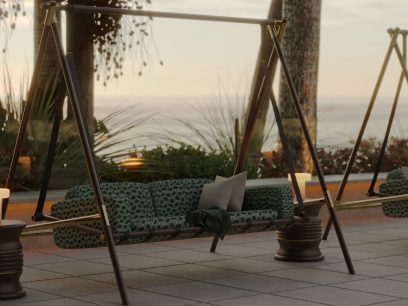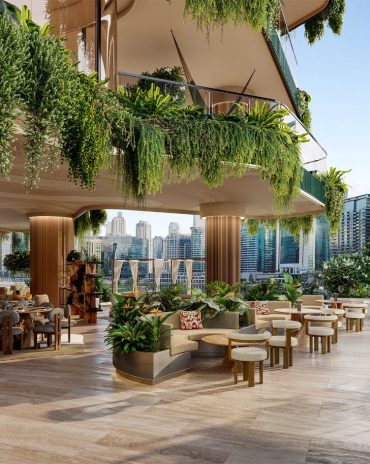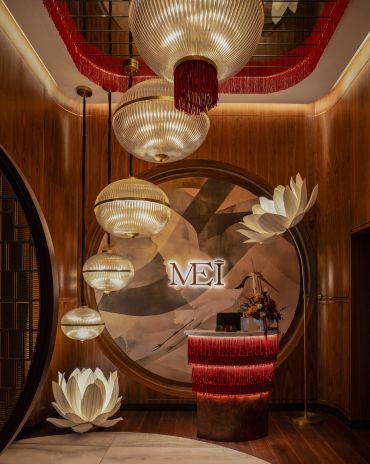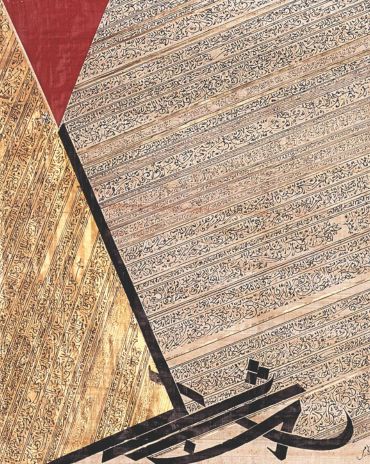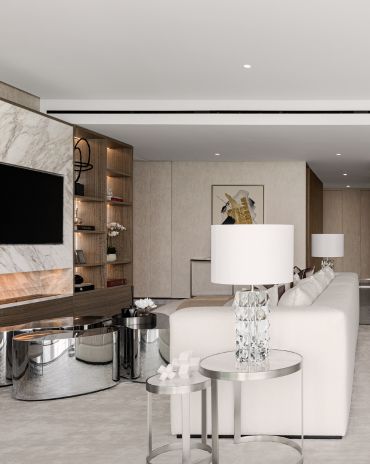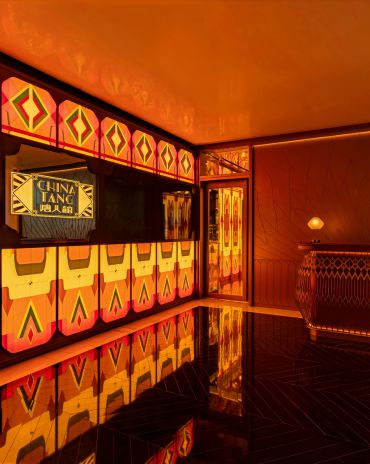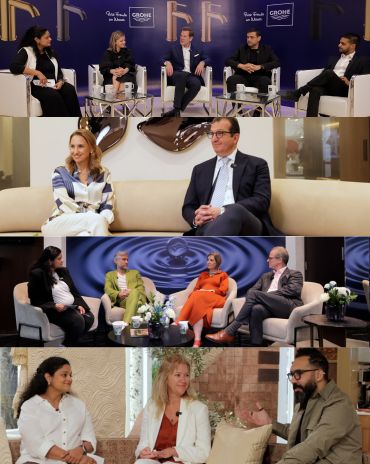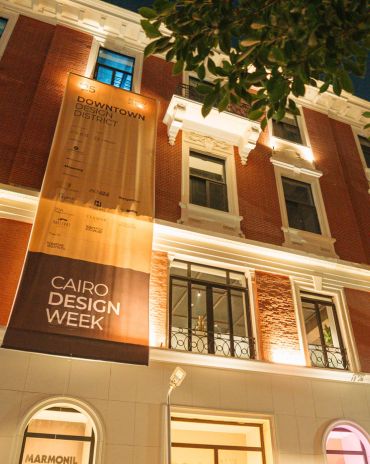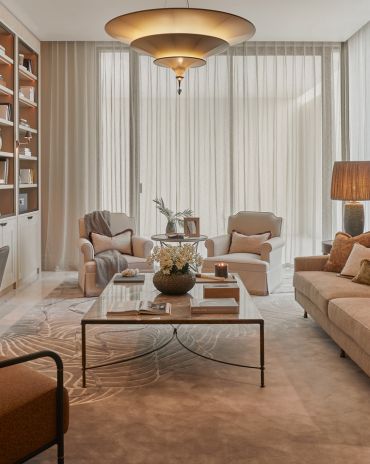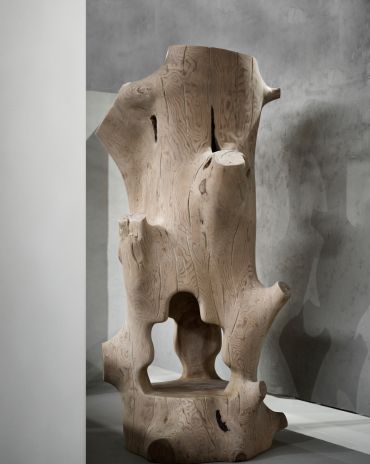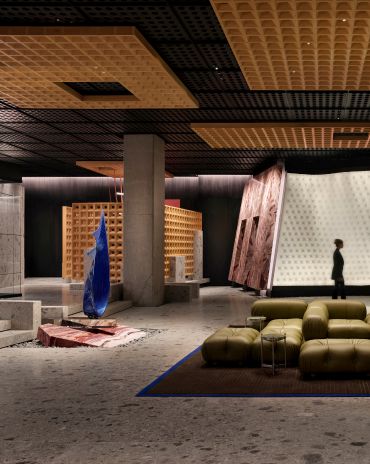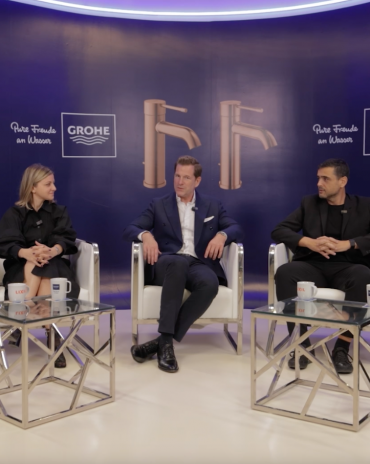Copyright © 2025 Motivate Media Group. All rights reserved.
id library: The Complete Kengo Kuma
We adore Kuma’s contemporary approach to Japanese architecture
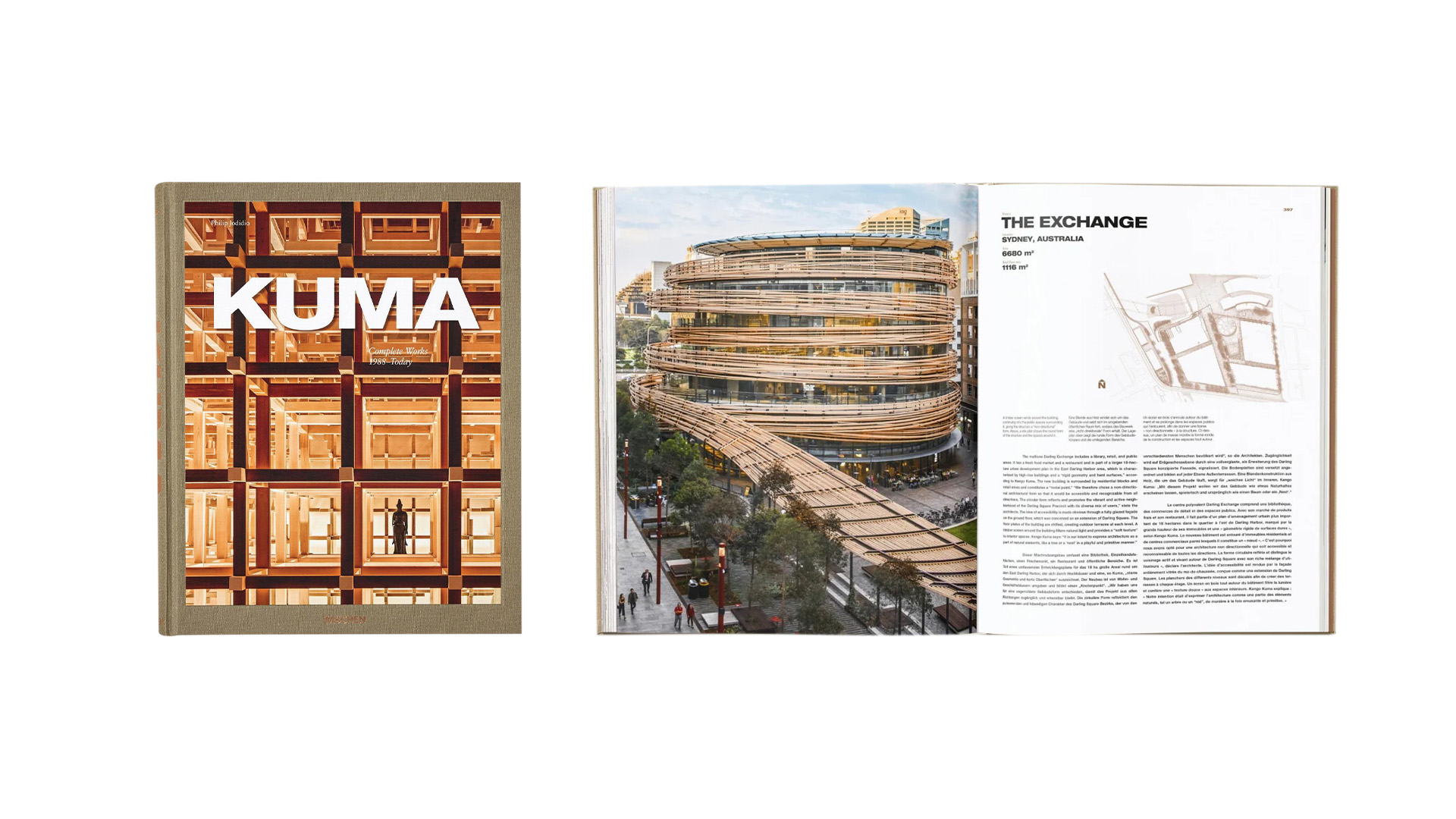
After Tadao Ando, Toyo Ito, and Fumihiko Maki, Kengo Kuma has revitalized Japanese architecture with his distinctive approach. Moving away from the modernist skyscrapers of the 20th century, Kengo Kuma has developed a truly sustainable architecture, deeply rooted in local craftsmanship and resources. His work is characterized by engaging surfaces, innovative structures, and fluid forms that reconnect people with the physicality of their surroundings. Kuma’s designs are informed by tradition and are profoundly site-specific. He prioritizes respecting the culture and environment of each location, which is evident in his diverse portfolio. For instance, he crafted the China Academy of Art’s Folk Art Museum from discarded roof tiles, created a chapel out of birch and moss in Nagano, and collaborated with local artisans to sculpt the V&A Dundee into a reflection of the Scottish coastal cliffs.
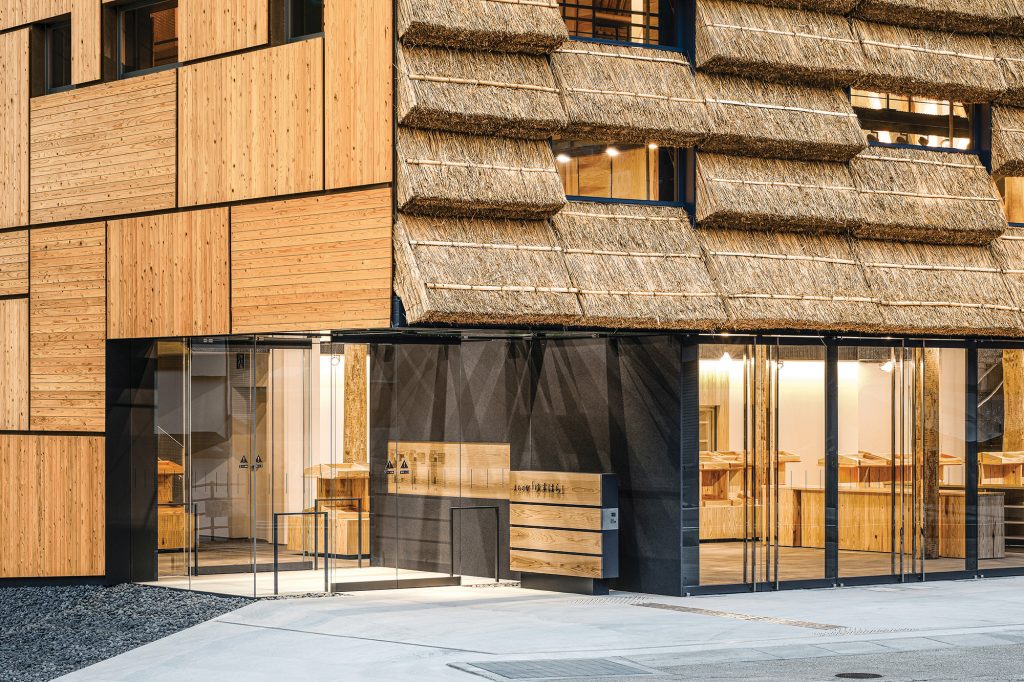
Yusuhara Community Market, Japan
His sensitivity to space, light, and texture allows him to reveal unexpected qualities in materials. Kuma finds the weightlessness of stone in Chokkura Plaza and the softness of aluminum in the thatched roof of the Yangcheng Lake Tourist Transportation Center. More recently, Kuma applied his philosophy to the Japan National Stadium built for the Olympic Games, aiming to transform Tokyo from a concrete city to one that respects its natural environment. Kuma hopes the stadium will alter the direction of Japanese architectural design.
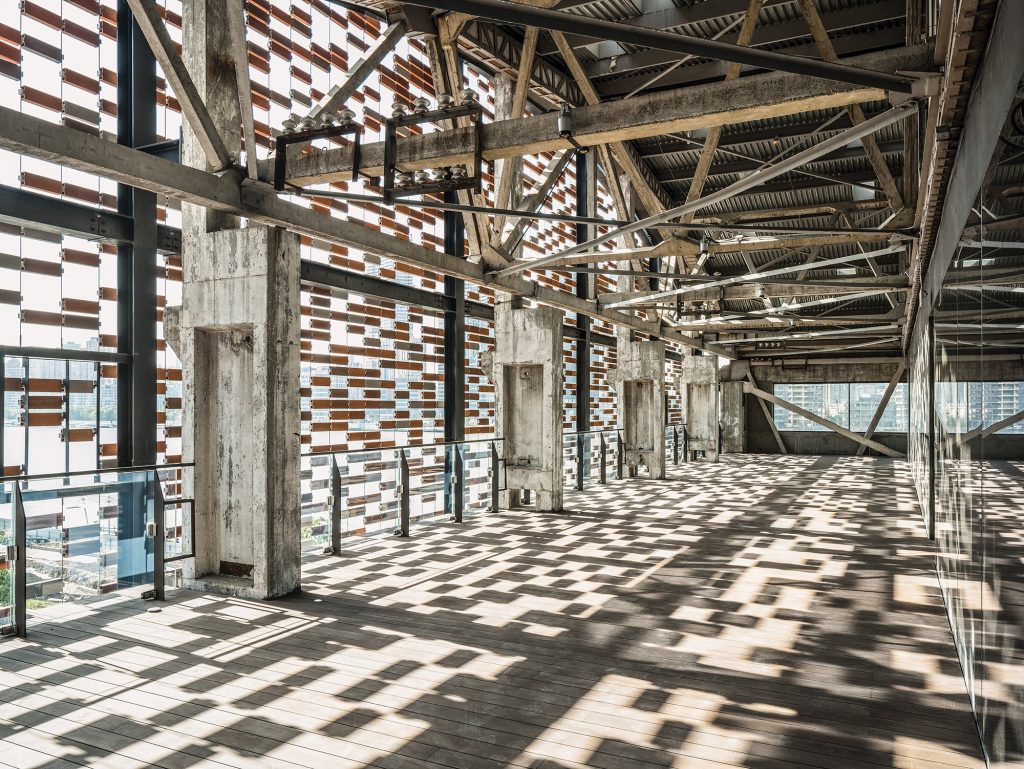
Shipyard 1862, Shanghai, China
This XXL-sized monograph, featuring some 500 illustrations, including photographs, sketches, and plans, guides readers through Kuma’s entire career, highlighting milestone projects and ongoing works.
Additionally, an Art Edition is available, featuring a custom-built wooden slipcase and a photogravure of a sketch by Kengo Kuma, signed by the artist and limited to 200 copies.
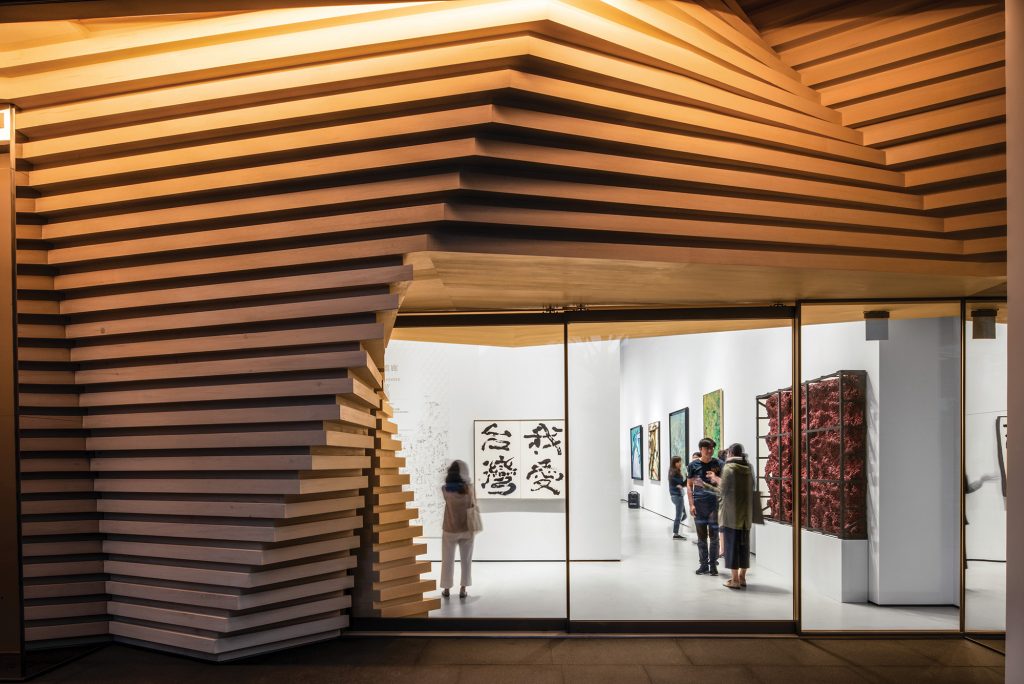
Whitestone Gallery Taipei, Taiwan
The Latest
How Eywa’s design execution is both challenging and exceptional
Mihir Sanganee, Chief Strategy Officer and Co-Founder at Designsmith shares the journey behind shaping the interior fitout of this regenerative design project
Design Take: MEI by 4SPACE
Where heritage meets modern design.
The Choreographer of Letters
Taking place at the Bassam Freiha Art Foundation until 25 January 2026, this landmark exhibition features Nja Mahdaoui, one of the most influential figures in Arab modern art
A Home Away from Home
This home, designed by Blush International at the Atlantis The Royal Residences, perfectly balances practicality and beauty
Design Take: China Tang Dubai
Heritage aesthetics redefined through scale, texture, and vision.
Dubai Design Week: A Retrospective
The identity team were actively involved in Dubai Design Week and Downtown Design, capturing collaborations and taking part in key dialogues with the industry. Here’s an overview.
Highlights of Cairo Design Week 2025
Art, architecture, and culture shaped up this year's Cairo Design Week.
A Modern Haven
Sophie Paterson Interiors brings a refined, contemporary sensibility to a family home in Oman, blending soft luxury with subtle nods to local heritage
Past Reveals Future
Maison&Objet Paris returns from 15 to 19 January 2026 under the banner of excellence and savoir-faire
Sensory Design
Designed by Wangan Studio, this avant-garde space, dedicated to care, feels like a contemporary art gallery
Winner’s Panel with IF Hub
identity gathered for a conversation on 'The Art of Design - Curation and Storytelling'.
Building Spaces That Endure
identity hosted a panel in collaboration with GROHE.

